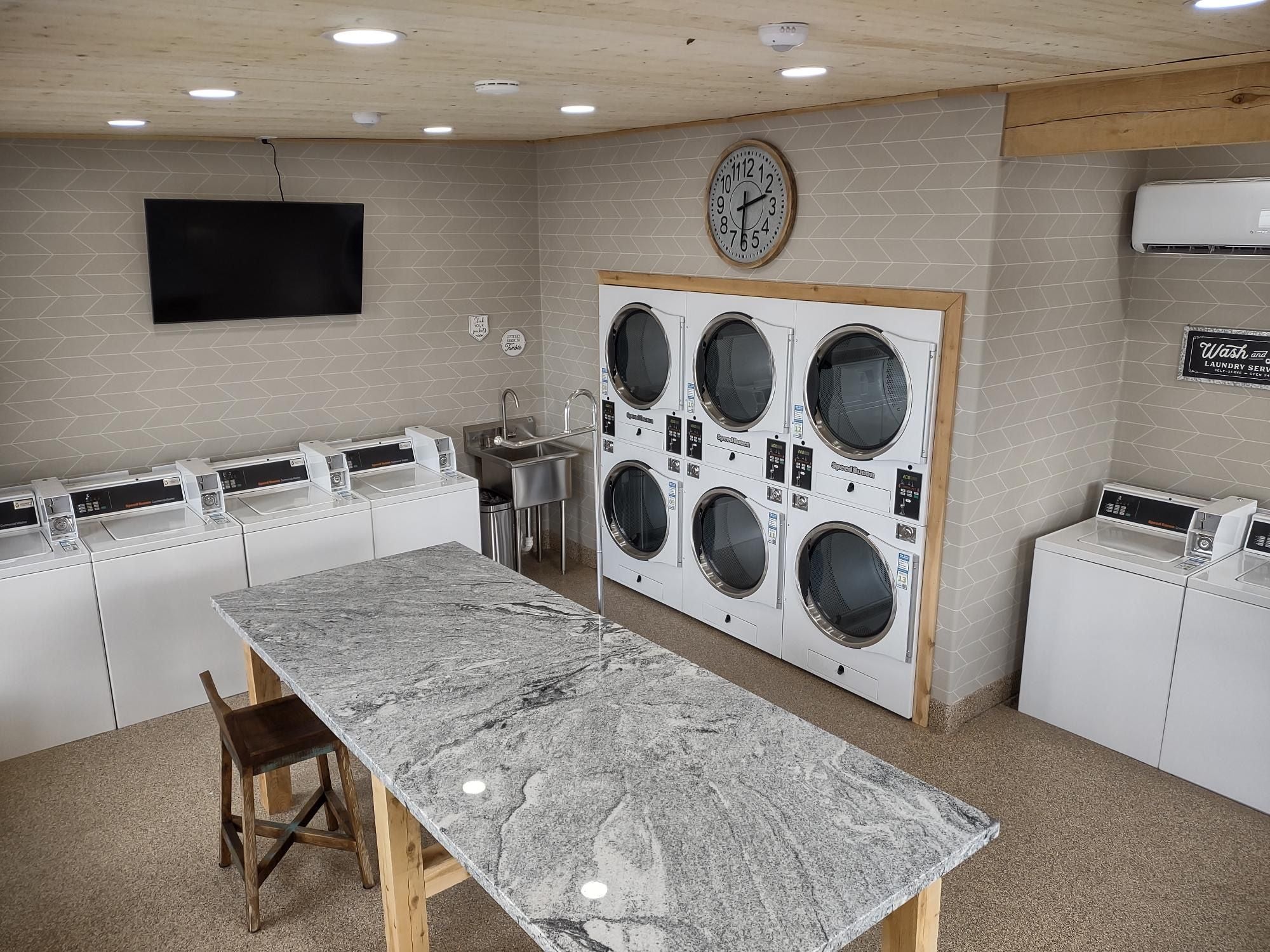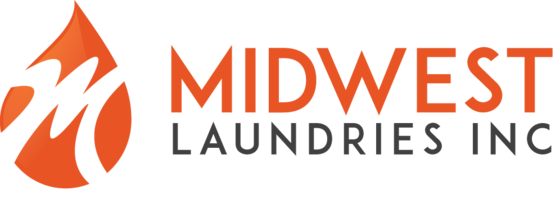Buying vs. Leasing Laundry Equipment: A Guide for Property Managers

Whether you manage an apartment complex, senior living facility, student housing community, or any other property with shared laundry amenities, reliable commercial laundry equipment is a must. Residents expect washers and dryers that are easy to use and consistently available—and keeping that equipment running efficiently starts with a key decision: should you buy or lease?
This choice can impact your operating budget, your maintenance plan, and even resident satisfaction. In this guide, we’ll break down the pros and cons of each option so you can make an informed decision based on your property’s needs, goals, and resources.
The Basics: How Buying and Leasing Work
Before comparing the pros and cons, it's important to understand how each model works.
Buying Commercial Laundry Equipment
When you buy laundry equipment outright, you make a one-time investment up front. You own the machines, and you're responsible for everything that comes with them—repairs, maintenance, and eventually, replacements.
Some property managers finance their purchases. But at the end of the day, ownership means full responsibility.
Leasing Commercial Laundry Equipment
Leasing, on the other hand, involves paying a flat monthly rate to use the machines. At Midwest Laundries, our leasing agreements run for 7 years for multi-housing properties.
Advantages of Buying Laundry Equipment
1. Full Ownership
When you buy, the equipment belongs to you. There’s no contract limiting how long you keep the machines or when you upgrade. That gives you long-term control and more flexibility over the lifespan of your shared laundry room.
2. No Monthly Payments
Once you purchase the equipment, there are no recurring leasing costs. This can be a big advantage for properties with enough cash on hand to avoid financing, as well as for managers who want to avoid adding another line item to their operating budget.
3. Depreciation & Tax Benefits
Buying equipment may allow you to take advantage of tax deductions, including depreciation or Section 179 expensing. This can reduce your taxable income, depending on how you structure the purchase.
Note: Always consult with a tax advisor to understand how purchasing equipment may benefit your specific situation.
Drawbacks of Buying
1. High Upfront Costs
Commercial washers and dryers are a significant investment. A single machine can cost thousands of dollars, and a full shared laundry room setup can easily reach five figures. That’s a major upfront cost for most properties.
2. Maintenance and Repairs Are On You
Once you own the equipment, all maintenance and repair costs are your responsibility. That includes parts, labor, service calls, and dealing with unexpected breakdowns. Over time, those costs can add up and impact your ROI.
3. Harder to Upgrade
Technology in the laundry industry continues to improve. If you own outdated machines, upgrading to newer, more efficient models requires another round of capital investment. Leasing gives you more flexibility to rotate equipment as technology advances.
Advantages of Leasing Laundry Equipment
1. Lower Initial Investment
Leasing removes the large upfront cost. That means you can equip your shared laundry room without putting a strain on your capital or cash flow. For newer properties or budget-conscious operations, this can make all the difference.
2. Predictable Monthly Costs
Flat-rate leasing makes budgeting easier. You know exactly what you’ll pay each month, and you won’t get hit with unexpected service fees if a machine goes down. All leases include maintenance and service, making costs predictable and more manageable.
3. Professional Service and Support
With leasing, you usually get access to ongoing support from the equipment provider. That means faster response times when something breaks, less downtime for your shared laundry room, and less frustration for residents.
Midwest Laundries includes routine service with all leasing plans, so you don’t have to manage maintenance internally.
4. Easier Equipment Upgrades
If your lease ends and newer, more efficient models are available, you can upgrade with minimal hassle. That keeps your shared laundry room current—and makes your property more attractive to residents who expect modern amenities.
Drawbacks of Leasing
1. You Don’t Own the Equipment
Unless your lease includes a buyout option, you won’t build equity in the machines over time. That’s not necessarily a problem—but it’s something to consider if you plan to operate the same equipment for many years.
2. Ongoing Payments
Leasing means making monthly payments for the length of your lease. Over time, those payments may exceed the cost of buying—especially if you don’t need the included maintenance or don’t plan to upgrade often.
3. Contract Commitments
Lease agreements often lock you in for several years. Be sure to read the fine print and understand early termination fees, service response times, and what’s included in the monthly cost. With Midwest Laundries, you don't need to worry about the fine print! Our leases are fully transparent with no fine print and no auto-renewals like other providers.
Key Considerations for Property Managers
So which option makes more sense for your property?
Ask yourself these questions:
-
What’s your available budget?
If you don’t have funds set aside for a full equipment purchase, leasing might be the only realistic path. -
How important is service and support?
If you don’t have the staff or systems in place to handle maintenance in-house, leasing offers peace of mind. -
Do you expect to upgrade in a few years?
Leasing offers more flexibility, especially when paired with a plan that includes upgrade options. -
Are you operating one property or multiple locations?
Leasing can simplify equipment management across multiple buildings by consolidating service under one provider. -
Do you want to avoid long-term commitments?
Buying gives you control with no contracts—but you also absorb the full risk of ownership.
Final Thoughts
There’s no one-size-fits-all answer. For some property managers, owning laundry equipment offers long-term value and control. For others, leasing provides the simplicity, support, and flexibility they need to run a hassle-free shared laundry room.
At Midwest Laundries, we work with property managers across the country to deliver commercial laundry solutions that work, whether that means purchasing equipment outright or choosing a flat-rate leasing plan with full service and support.
We carry top-performing brands like Speed Queen and offer fast, expert support that keeps your machines running and your residents happy.
Have questions about buying vs. leasing?
Our team is ready to help. Give us a call at 773-538-7892 or fill out a form here!


Lauren Schultz
Author
Lauren is the Vice President of Midwest Laundries and has over a decade of experience in the coin laundry industry. You can reach her at Lauren@midwestlaundries.com